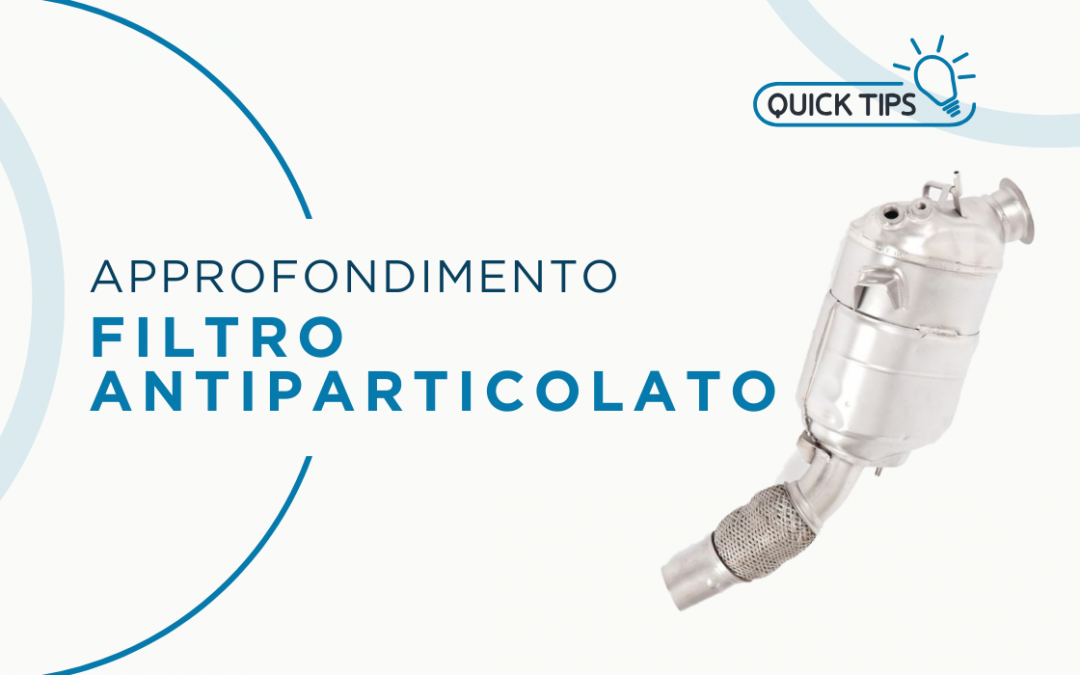The Diesel Particulate Filter (DPF) is a key component of motor vehicles for reducing particulate emissions. It is present on some Euro 4 models and has become mandatory with Euro 5 systems.
Over time, various systems have been developed, but the basic functioning of the filter is essentially the same for all of them. Like all filters, the FAP and DPF can become clogged to the point of compromising engine efficiency.
Let’s take a closer look at some of the key differences between the FAP and DPF systems:
The FAP is installed downstream of the exhaust manifolds and features a silicon carbide filter element with channels that trap particulate matter. A unique feature of the FAP is the use of an additive to actively regenerate the filter. The additive reduces the temperature required for particulate combustion inside the filter to approximately 450°C.
The DPF, on the other hand, does not require the use of additives because it raises the exhaust gas temperature to approximately 600-650°C. The temperature is raised through a series of post-injections of fuel, resulting in post-combustion, which partly occurs in the exhaust manifolds and oxidation catalysts. This system has the distinct advantage of not requiring additive refills, but due to the increased post-injection required, it suffers from a certain dilution of the engine oil. With certain driving styles, engine oil can deteriorate very quickly, creating obvious problems.
The active regeneration process can last several minutes and, under certain conditions, may be difficult to complete correctly. Very short trips, frequent starting and stopping, and slow-moving driving do not allow the temperatures required to trigger or complete regeneration correctly, and after a certain number of failures, the Particulate Filter becomes fatally clogged. When this happens, the vehicle will begin to display the classic error light on the dashboard.
When even forced regeneration performed by some specialized workshops fails, the only viable solution is to replace the filter. Replacing the particulate filter can be a very expensive expense given the filter’s high cost, and DIY solutions often only worsen the problem.
Furthermore, it seems superfluous to point out that unorthodox but unfortunately still common solutions such as removing the filter and removing signals from the control unit, besides being a very serious offense, also result in abnormal vehicle operation that can lead to premature wear and a series of very serious breakdowns.
In this regard, Depros has begun servicing catalytic converters, FAPs, and DPFs, preparatory to its already long-standing turbocharger servicing program.
The inspection is performed using machinery specifically designed for this type of operation and specific equipment, in full compliance with applicable regulations and offering competitive pricing for its customers.
Once again, Depros firmly opposes cheap and unwise solutions, especially when they harm the environment. Emissions of harmful substances from punctured catalysts are deadly for the ecosystem and human health.
Want to report a correction or request information? Leave a comment for our experts!







